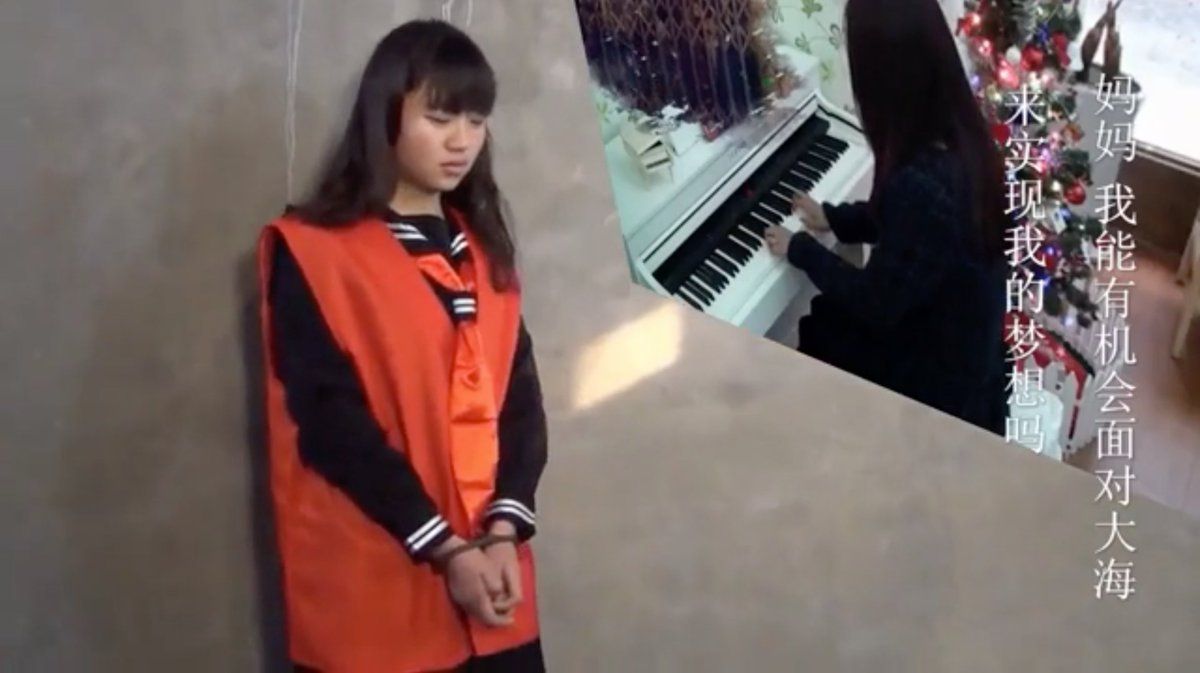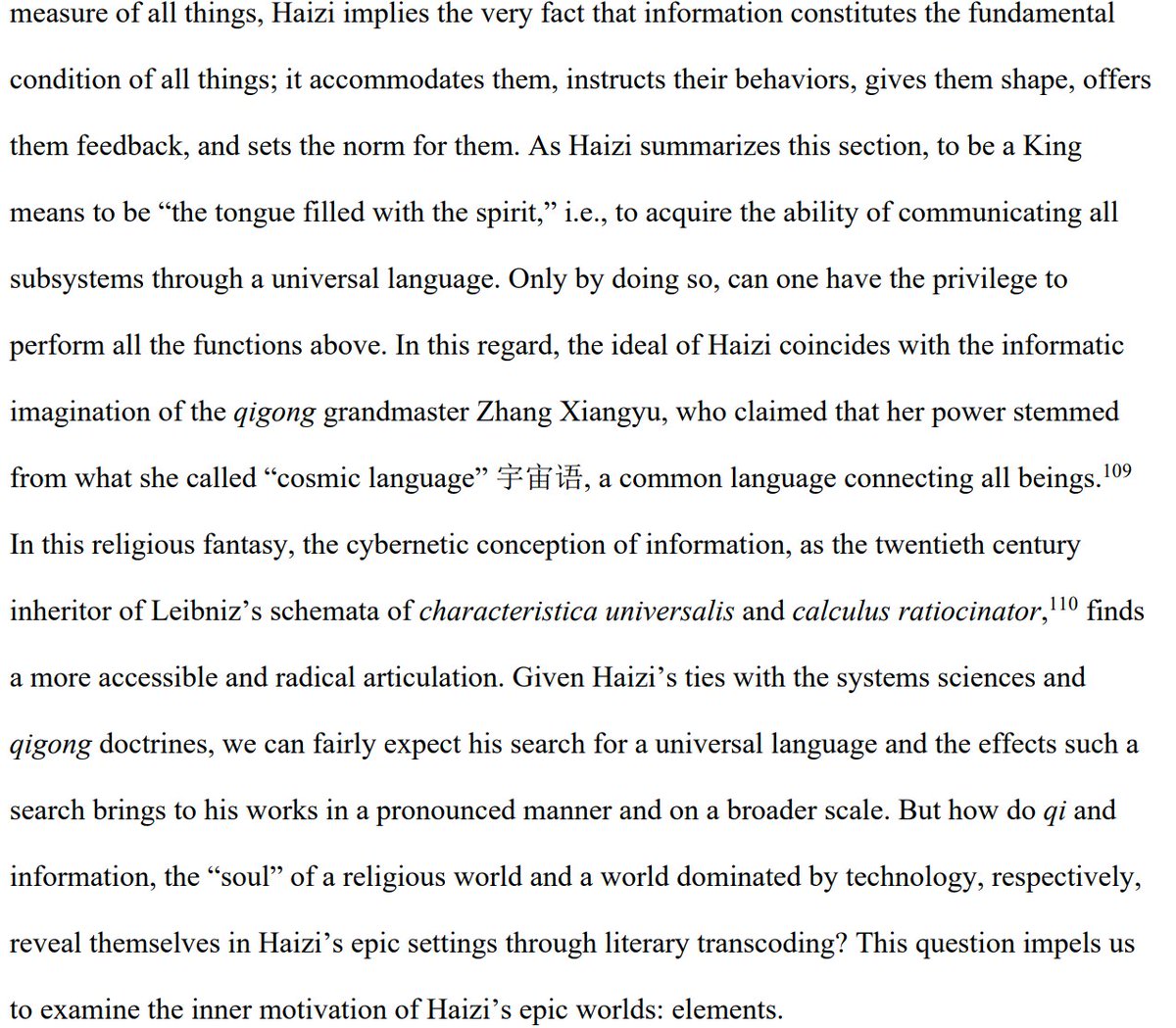There are plenty of '90s 抗日sploitation films—Comfort Women Unit 74 慰安妇七十四分队 (1994) and Doomsday Killer 末日杀手 (1993) among them—but Den of the Milkers 人奶魔巢 (1990) might be the least serious, revolving around a plot about the Japanese farming women for their milk.
The breast milk is being used for some sort of serum to strengthen Japanese men. It could be an interesting concept, like an allegory for depraved imperialist masculinity or whatever... And put in some milking scenes! There's a lot of sadistic torture, but little milking.
Of course, eventually, the agents infiltrate and then launch an all-out assault, turning everyone to hamburger with machine guns. Pretty impressive blending of Hong Kong exploitation esthetic and patriotic anti-Japanese cinema, here.
They machine gun all the milk, if you were wondering what was going to happen there. I think '88-'89 have to be the loosest years for filmmakers. This couldn't have been made before or after, I don't think. It's not even that gratuitous—but just not very good.
This ends with a trope people would know—and I think Guerillas on the Plains 平原游击队 (1955) is the earliest example I can name—of the fighters wasting the commander before he can kill himself. I left the final thank you credits in the clip, too, because they're interesting...
It seems amateurish and the concept is silly, but it's not close to as bad as films of the era could get. It has a plot that's easy to follow and it delivers on girls with machine guns. You can watch it for yourself:
• • •
Missing some Tweet in this thread? You can try to
force a refresh





















